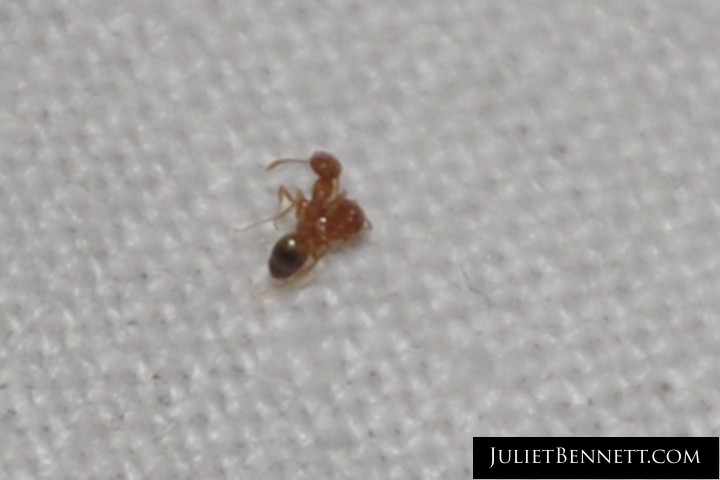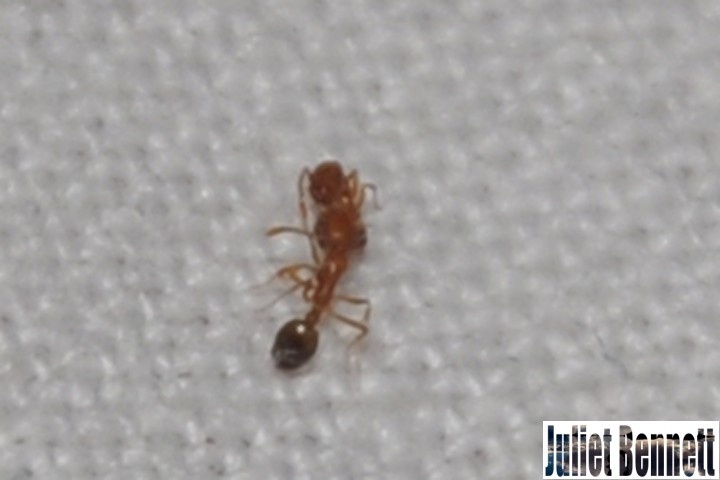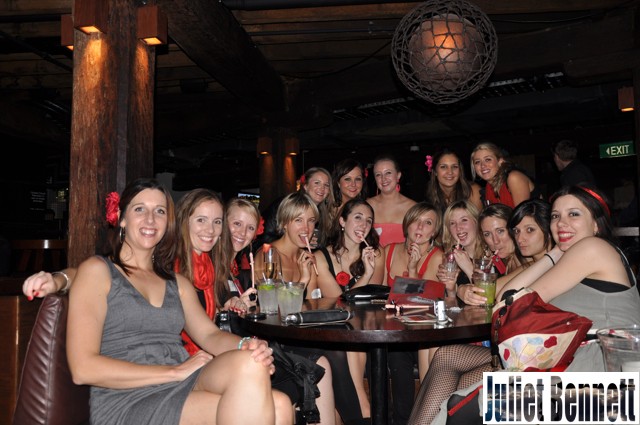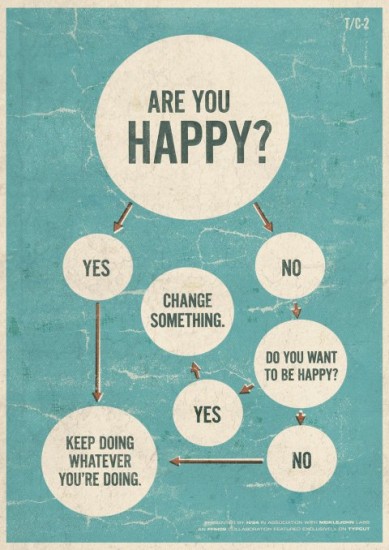”Because there is a law such as gravity, the universe can and will create itself from nothing. Spontaneous creation is the reason there is something rather than nothing, why the universe exists, why we exist… The question is: is the way the universe began chosen by God for reasons we can’t understand, or was it determined by a law of science?” that you could meet, and ask questions.” [1] he [Hawkings] said. ”I believe the second. If you like, you can call the laws of science ‘God’, but it wouldn’t be a personal God
This is a quote from Stephen Hawking’s latest book, The Grand Design, quoted by Laura Roberts in today’s Sydney Morning Herald in an article entitled “God did not create universe: Hawking.”
While some of the commentary on this newsarticle focused on the lack of newsworthiness of the story (for example, “Shock, horror, leading scientist doesn’t believe in God…really, this non-story is a glib plug for a new book, well done to the publicisit who somehow got this treated as news.”) I still enjoyed the article. And it got me thinking…
I do align God with the laws of science, BUT I’m not so sure that the story begins or ends there…
I think it’s important to recognise the limitations of our knowledge, for example, that we can never know what lies outside the boundaries of our universe. There could be an entire universe of universes we are unaware of. Not to mention the universes within our universe that our senses may not have evolved to sense. Just because we can not see, hear, smell, taste, or touch it, doesn’t mean it’s not there. I’m thinking of the sounds that bats hear, the electrofields that the platypus beak senses, etc etc. We simply cannot know the things we do not yet have a means to sense.
So, while I know it may well be ridiculously arrogent to think I can criticise someone as smart as Hawkings, I do question his statement “you can call the laws of science ‘God’, but it wouldn’t be a personal God that you could meet, and ask questions“.
When I think about the aligning of “God” with the laws of the universe and the idea of a “personal God” – I’m not so sure that the two concepts are incompatible.
In my mind, this aparent contradiction seems completely dependant on your language. It depends on your framing. It depends on your understanding of the universe, and of the connection between the macrocosms and microcosms that lay within it.
You can describe the awe-inspiring force of creative expansion of our universe using mathematical formula, chemistry, and universal laws; or, you can take the whole intricate system and personify it as “God”. And these two ways of describing the same thing, in my mind, are not mutually exclusive conceptions.
Just because you choose to personify the universe as “God”, and speak to it and (possibly) hear answers through your intuition and by reading the omens surrounding you… doesn’t mean that you can’t equate this peronified force “God” to the laws of the universe.
You may wonder: How can anyone feel comforted by a force that they are pretending to be a person? Why would anyone bother to personify it? And talk to it? How deluded! What a waste of time! …. Well I disagree.
Firstly, I don’t think anyone thinks God is actually a person. Even the most radical religious followers don’ think that – do they? I’m pretty sure that while groups may claim ownership of God, and may ascribe their own versions of historical or non-historical events to this God, I don’t believe any actually claim that God is a person. Religious believers (as far as I’m aware) would agree that the question of exactly WHAT is God, is beyond the limits of our knowledge; just as scientists (as far as I’m aware) would admit there are elements of the universe that they do not and may never come to know or understand.
Secondly, I do actually see some benefits of personifying it and talking to it. Largely due the connection that seems to appear between microcosm and macrocosm, there is a need for us to communicate with the whole that we are a part of.
Let me use an analogy:
When I twisted my ankle earlier this year, and ignored the injury for a week of waterskiing and partying, my brain decided to stop communicating with the spacial sensors located in the ligaments of my ankle. A few weeks later I twisted it again. And then again. And then again. It took a lot of time and money on physiotherapy to help reconnect my brain with my ankle, and even now every now and the communication channels are rusty and I almost go over on it.
So let’s apply this to our place within our universe, well to my limited understanding of my place within our universe…
From what I have learned in various books and lectures, every atom that exists as a vibration – electrons and protons moving at different speeds. Einstein showed us that matter IS energy (times the speed of light, squared)… what does this mean?
The line where our body appears to end and that which we sit on or touch seems to begin, is a boundary we perceive because our senses have evolved for us to see the world in this way. It’s like everything that exists is all part of the same piece of fabric, and the appearance of separateness is like a design weaved within it.
Our thoughts are not separate from this permeating fabric. From what I understand (yes it is probably due to books about The Law of Attraction and thought experiments), when we think the vibrations of our thoughts travel into the universe, and like an ankle talking to a brain, those thoughts play a role in the manifestation of the reality we experience. It seems that if you are “on the same wavelength” as someone else, so to say, if you are tuned in correctly you can pick up those vibrations and hear each other’s thoughts. Or maybe “hear” is not the right word. But you can sense them through an intuitive sense inside you – not in a sound, but in the mind.
Similarly if you “pray” to a God, or to The Universe, these thoughts connect to something that maybe similar to the “brain” of the macrocosm we are inside and generally acting within the laws of science, these thoughts attract your requests, your “prayers” are answered.
Maybe this doesn’t work for everyone, but it in an uncanny way it pretty much always works for me. Whether it’s putting in a request for a sunny winter’s day, or a rockstar carpark, and for much larger requests too. Ask and receive. Knock and the door will be opened.
Does this provide me comfort? Sure it does. It is rather like the analogy Christians give of a father’s loving embrace. When you don’t see yourself as separate from the universe, if there is no “other”, then you don’t fear it.
Does it matter whether or not you personify the macrocosm as “God”? I don’t think so really.
It helps me, but maybe that’s because I was conditioned this way since birth. Maybe it strengthens one’s relationship to the macrocosm, helps you sense vibrations at a different frequency, streamlining the communication channels amd making them more personal, or maybe it doesn’t, I’m not really sure.
I guess it’s not so different to an ankle ankleifying the brain. The ankle could say “Dear Mr Ankle that lives up top, there is a stone to the left that I need you to respond to”… or the ankle could try to communicate more abstractly with the Laws of the Body that it has experienced in the past. Maybe I’m taking my analogy too far…
Anyway, it seems that whether you are a theist or an atheist, whether you personify “god” or sciencify “the universe”, in my mind we are all referring to an ecosystem of macrocosms within macrocosms and microcosms within microcosms… we are all part of the repeating patterns that (including ourselves) are all expressions of some an energy that is both nothing and everything at the same time; we are all part of something that we will never fully be able to describe or understand.
Maybe anklifying the brain if you are ankle, or personifying the universe if you are person, is a useful tool for communicating with the whole… or maybe it’s not. What do you think???
– Is the idea of a divine force compatible with spontaneous creation?
– Might “God” refer to a personification of what scientific laws attempt to describe?
– Is it possible (and useful) to communicate with this “personal God”?
Is the question on the Sydney Morning Herald poll too limited? Should there be an option that reads:
“None of the above – spontaneous creation IS a divine force itself, whether or not that divine force extends beyond it.”
That’s the one I’d vote for.
References:
Laura Roberts, Sydney Morning Herald (3 Sept 2010) quoting from Hawking’s latest book, The Grand Design – an extract of which is published in Eureka magazine in The Times.
Picture:
A Sydney Morning Herald poll – to vote go to this site:

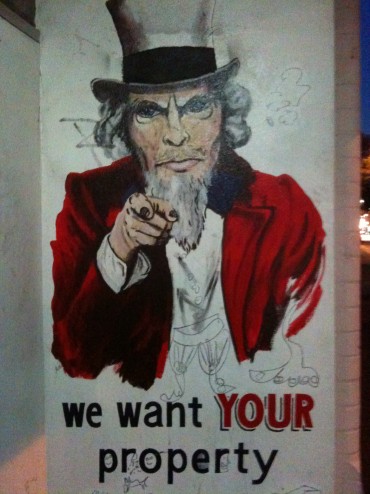 Why did the Global Financial Crisis actually happen? The best explanation I have come across was when about this time last year Canadian professor Jim Stanford came to speak at my uni – he tries to demystify the economy by explaining the concepts and jargon in a simple, easily understandable way.
Why did the Global Financial Crisis actually happen? The best explanation I have come across was when about this time last year Canadian professor Jim Stanford came to speak at my uni – he tries to demystify the economy by explaining the concepts and jargon in a simple, easily understandable way.


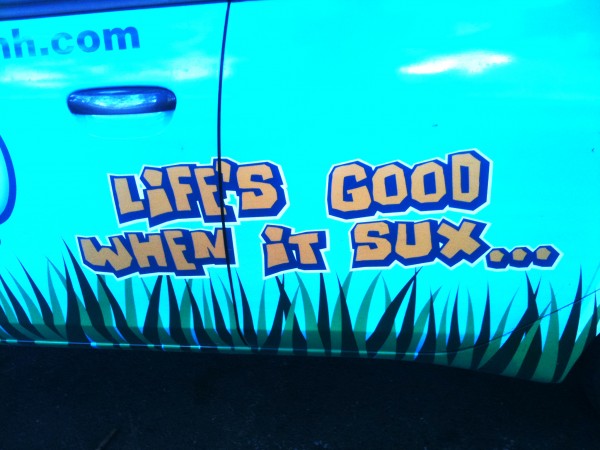 “Camus said there is only really one serious philosophical question which is whether or not to commit suicide,” said Alan Watts, quoting Albert Camus (going on to say he believes there are five serious philosophical questions… see audio book on you tube below)
“Camus said there is only really one serious philosophical question which is whether or not to commit suicide,” said Alan Watts, quoting Albert Camus (going on to say he believes there are five serious philosophical questions… see audio book on you tube below)
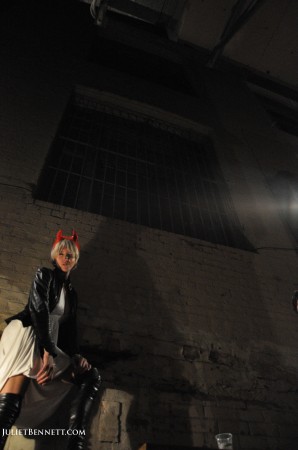 While in the past I’ve aspired to balance, I’ve come to embrace the imbalance, accepting that balance is found in the wholeness of all that exists, and over time – it doesn’t have to exist in every moment I experience.
While in the past I’ve aspired to balance, I’ve come to embrace the imbalance, accepting that balance is found in the wholeness of all that exists, and over time – it doesn’t have to exist in every moment I experience. 